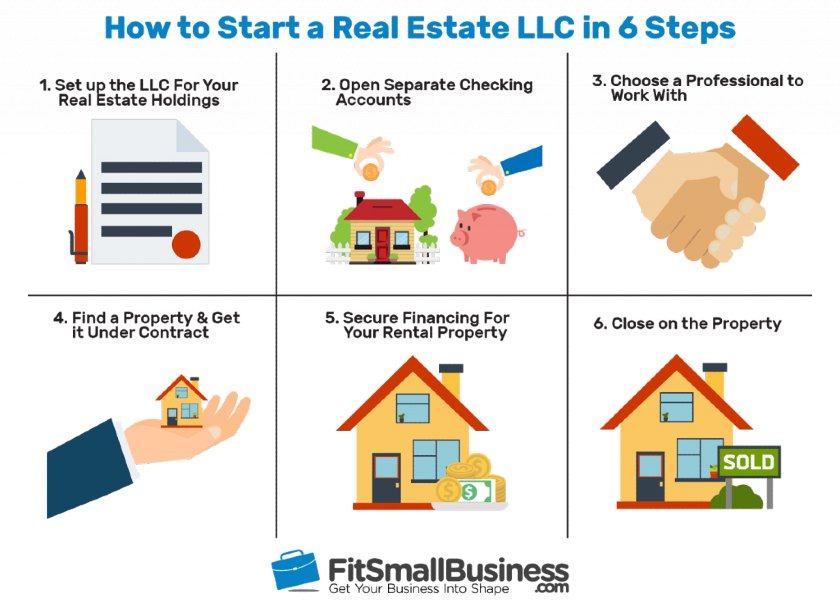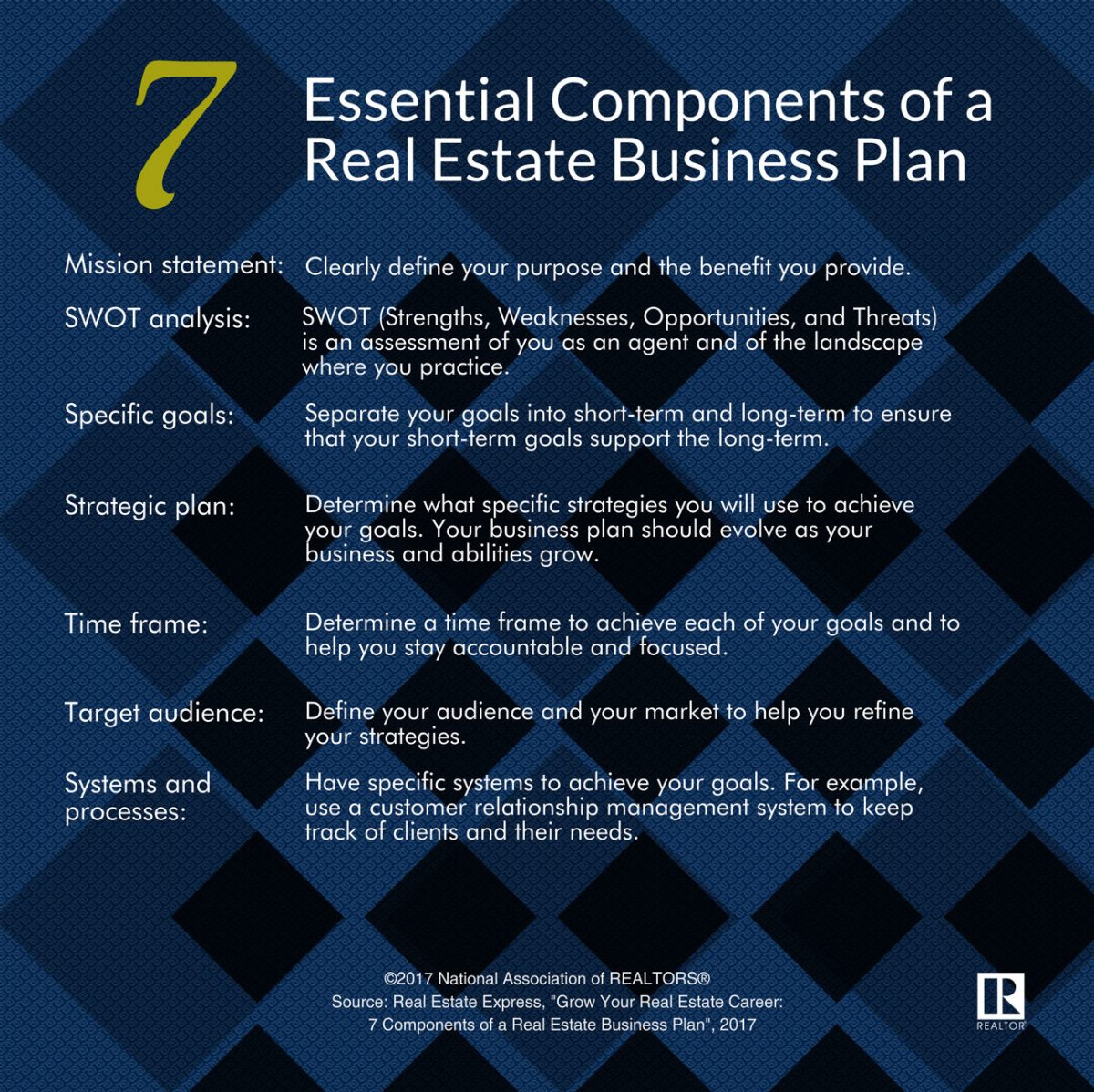Laying the Foundation: Understanding the Real Estate Industry
The real estate industry is a complex and multifaceted sector that encompasses various types of properties, professionals, and transactions. To successfully start a real estate business, it is essential to understand the industry’s dynamics, trends, and best practices. The real estate market can be broadly categorized into residential, commercial, and industrial sectors, each with its unique characteristics, challenges, and opportunities.
Residential real estate, for instance, involves the buying, selling, and renting of properties such as single-family homes, apartments, and condominiums. Commercial real estate, on the other hand, focuses on properties used for business purposes, such as office buildings, retail spaces, and warehouses. Industrial real estate, meanwhile, encompasses properties used for manufacturing, logistics, and other industrial activities.
Within the real estate industry, there are various professionals who play critical roles in facilitating transactions and providing services to clients. Real estate agents, for example, act as intermediaries between buyers and sellers, while brokers manage and oversee the activities of agents. Investors, developers, and lenders also play important roles in the industry, providing capital, developing properties, and financing transactions.
Understanding the real estate industry’s structure, trends, and professionals is crucial for anyone looking to start a real estate business. By grasping the industry’s complexities and nuances, entrepreneurs can better navigate the market, identify opportunities, and develop effective strategies for success. Whether you’re interested in starting a real estate agency, investing in properties, or providing related services, a deep understanding of the industry is essential for achieving your goals.
As you consider how to start with real estate business, it’s essential to recognize the importance of industry knowledge in driving your success. By taking the time to learn about the real estate market, its various sectors, and the professionals involved, you’ll be better equipped to make informed decisions, capitalize on opportunities, and build a thriving business.
Setting Clear Goals: Defining Your Real Estate Business Objectives
When it comes to starting a real estate business, setting clear goals is crucial for success. Goals provide direction, focus, and motivation, helping entrepreneurs navigate the complex and competitive real estate market. To achieve success in the real estate industry, it’s essential to establish specific, measurable, achievable, relevant, and time-bound (SMART) goals.
Short-term goals, for instance, might include obtaining a real estate license, building a client base, or generating a certain amount of revenue within the first year. Long-term goals, on the other hand, might involve expanding into new markets, developing a niche expertise, or achieving a certain level of market share.
When setting goals for your real estate business, consider the following examples:
- Obtain a real estate license within the next 6 months
- Build a client base of at least 20 active clients within the first year
- Generate $250,000 in revenue within the first 2 years
- Expand into a new market (e.g., commercial or industrial real estate) within the next 3 years
- Develop a niche expertise in a specific area of real estate (e.g., luxury homes or property management)
By setting SMART goals, entrepreneurs can create a roadmap for success and stay focused on what’s important. Remember to review and adjust your goals regularly to ensure you’re on track to achieving your vision.
When learning how to start with real estate business, it’s essential to recognize the importance of goal-setting in driving success. By establishing clear objectives, entrepreneurs can create a sense of direction and purpose, helping them navigate the challenges and opportunities of the real estate market.
Getting Licensed: A Step-by-Step Guide to Becoming a Real Estate Agent
Obtaining a real estate license is a crucial step in starting a real estate business. The licensing process varies by state, but most states require applicants to meet certain basic requirements, complete a specified amount of education, pass a licensing exam, and find a brokerage to sponsor them.
Step 1: Meet the Basic Requirements
To apply for a real estate license, applicants typically must be at least 18 years old, have a high school diploma or equivalent, and be a U.S. citizen or lawfully admitted alien. Some states may have additional requirements, such as a background check or proof of residency.
Step 2: Complete the Required Education
Most states require real estate license applicants to complete a certain number of hours of real estate education courses. These courses cover topics such as real estate law, contracts, ethics, and appraisal. Applicants can typically complete these courses online or in a classroom setting.
Step 3: Pass the Licensing Exam
After completing the required education, applicants must pass a licensing exam administered by the state’s real estate commission. The exam typically consists of a multiple-choice test that covers the topics learned in the education courses.
Step 4: Find a Brokerage to Sponsor You
Once an applicant has passed the licensing exam, they must find a brokerage to sponsor them. The brokerage will provide the necessary training and support to help the new agent succeed in the industry.
By following these steps, individuals can obtain a real estate license and start their journey in the real estate industry. Remember, getting licensed is just the first step in how to start with real estate business. It’s essential to continue learning and growing as a professional to achieve long-term success.
Some popular resources for real estate licensing education include:
- Real Estate Express
- Kaplan Real Estate Education
- The CE Shop
These resources provide comprehensive education and training to help individuals prepare for the licensing exam and succeed in the real estate industry.
Building a Strong Network: The Importance of Relationships in Real Estate
In the real estate industry, building a strong network of relationships is crucial for success. A strong network can provide access to valuable resources, referrals, and opportunities that can help grow a real estate business. When learning how to start with real estate business, it’s essential to understand the importance of building relationships with other professionals in the industry.
Types of Professionals to Network With:
- Real estate agents and brokers
- Lenders and mortgage brokers
- Attorneys and title companies
- Contractors and home inspectors
- Other real estate investors and entrepreneurs
Ways to Network Effectively:
- Attend industry events and conferences
- Join real estate organizations and associations
- Volunteer for community service and charity events
- Participate in online forums and social media groups
- Host open houses and networking events
Benefits of Building a Strong Network:
- Access to valuable resources and referrals
- Opportunities for partnerships and collaborations
- Improved reputation and credibility in the industry
- Increased exposure to new markets and clients
- Support and guidance from experienced professionals
By building a strong network of relationships, real estate entrepreneurs can gain a competitive edge in the industry and achieve long-term success. Remember, networking is an ongoing process that requires effort and dedication, but the rewards can be significant.
Developing a Business Plan: Creating a Roadmap for Success
A comprehensive business plan is essential for any real estate business, as it provides a roadmap for success and helps entrepreneurs stay focused on their goals. When learning how to start with real estate business, it’s crucial to understand the importance of creating a business plan that outlines market analysis, marketing strategies, financial projections, and operational plans.
Market Analysis:
A market analysis is a critical component of a business plan, as it helps entrepreneurs understand the target market, competition, and potential for growth. This section should include an analysis of the local real estate market, including current trends, prices, and demand.
Marketing Strategies:
A marketing strategy is essential for attracting clients and growing a real estate business. This section should include a description of the marketing tactics to be used, such as social media marketing, email marketing, and open houses.
Financial Projections:
Financial projections are critical for understanding the financial viability of a real estate business. This section should include projected income statements, balance sheets, and cash flow statements.
Operational Plans:
An operational plan outlines the day-to-day activities of a real estate business, including tasks such as lead generation, client management, and transaction coordination.
Business Plan Templates and Resources:
There are many business plan templates and resources available to help entrepreneurs create a comprehensive business plan. Some popular options include:
- SCORE Business Plan Template
- Small Business Administration (SBA) Business Plan Tool
- LivePlan Business Plan Software
By creating a comprehensive business plan, real estate entrepreneurs can develop a roadmap for success and stay focused on their goals. Remember, a business plan is a living document that should be reviewed and updated regularly to ensure the business remains on track.
Securing Funding: Options for Financing Your Real Estate Business
Securing funding is a crucial step in starting a real estate business. There are several options available for financing a real estate business, each with its pros and cons. When learning how to start with real estate business, it’s essential to understand the different financing options and choose the one that best suits your needs.
Personal Savings:
Using personal savings is a common way to finance a real estate business. This option allows you to maintain control and avoid debt, but it may limit the amount of capital available for your business.
Loans:
Loans are another popular option for financing a real estate business. You can obtain a loan from a bank, credit union, or other financial institution. Loans provide access to a larger amount of capital, but you’ll need to repay the loan with interest.
Grants:
Grants are a type of financing that doesn’t require repayment. They’re often provided by government agencies or non-profit organizations to support small businesses or specific industries. Grants can be competitive, and the application process may be lengthy.
Investors:
Investors can provide funding for your real estate business in exchange for equity or a share of the profits. This option allows you to access a larger amount of capital, but you’ll need to share control and profits with your investors.
Tips for Securing Funding:
- Develop a comprehensive business plan to demonstrate your business’s potential and financial projections.
- Build a strong credit history to increase your chances of securing a loan.
- Research and explore different financing options to find the best fit for your business.
- Prepare a persuasive pitch to present to investors or lenders.
By understanding the different financing options and choosing the one that best suits your needs, you can secure the funding necessary to start and grow your real estate business. Remember, securing funding is just one step in how to start with real estate business. It’s essential to have a solid business plan and a clear understanding of your financials to ensure long-term success.
Marketing Strategies: Attracting Clients and Growing Your Business
Effective marketing strategies are crucial for attracting clients and growing a real estate business. When learning how to start with real estate business, it’s essential to understand the importance of marketing and how to create a successful marketing plan.
Types of Marketing Strategies:
- Social Media Marketing: Utilize social media platforms to reach a wider audience and build a strong online presence.
- Email Marketing: Build an email list and send targeted campaigns to potential clients and existing customers.
- Open Houses: Host open houses to showcase properties and attract potential buyers.
- Content Marketing: Create valuable and informative content to attract and engage with potential clients.
- Referral Marketing: Encourage satisfied clients to refer friends and family in exchange for incentives.
Marketing Tips for Real Estate Businesses:
- Develop a strong brand identity and consistent messaging across all marketing channels.
- Utilize high-quality visuals and virtual tours to showcase properties.
- Optimize your website for search engines to improve visibility and attract organic traffic.
- Use data and analytics to track the effectiveness of your marketing efforts and make data-driven decisions.
- Stay up-to-date with the latest marketing trends and technologies to stay ahead of the competition.
By implementing effective marketing strategies, real estate businesses can attract new clients, grow their customer base, and increase revenue. Remember, marketing is an ongoing process that requires consistent effort and creativity to achieve long-term success.
Staying Organized: Tools and Systems for Managing Your Real Estate Business
Staying organized and efficient is crucial for managing a successful real estate business. When learning how to start with real estate business, it’s essential to understand the importance of using the right tools and systems to streamline operations and improve productivity.
Customer Relationship Management (CRM) Software:
A CRM system helps real estate professionals manage client relationships, track leads, and analyze sales performance. Popular CRM options include HubSpot, Salesforce, and Zoho CRM.
Transaction Management Software:
Transaction management software helps real estate professionals manage transactions from start to finish, including document management, communication, and task assignment. Popular options include Dotloop, TransactionDesk, and SkySlope.
Time Management Apps:
Time management apps help real estate professionals stay organized and focused on tasks, including scheduling, reminders, and goal setting. Popular options include Trello, Asana, and RescueTime.
Other Tools and Systems:
Other tools and systems that can help real estate professionals stay organized and efficient include:
- Project management software, such as Basecamp or Wrike
- Accounting and bookkeeping software, such as QuickBooks or Xero
- Marketing automation software, such as Mailchimp or Constant Contact
- Virtual assistant software, such as Zirtual or Fancy Hands
By implementing the right tools and systems, real estate professionals can improve productivity, reduce stress, and increase revenue. Remember, staying organized is an ongoing process that requires consistent effort and attention to detail to achieve long-term success.






